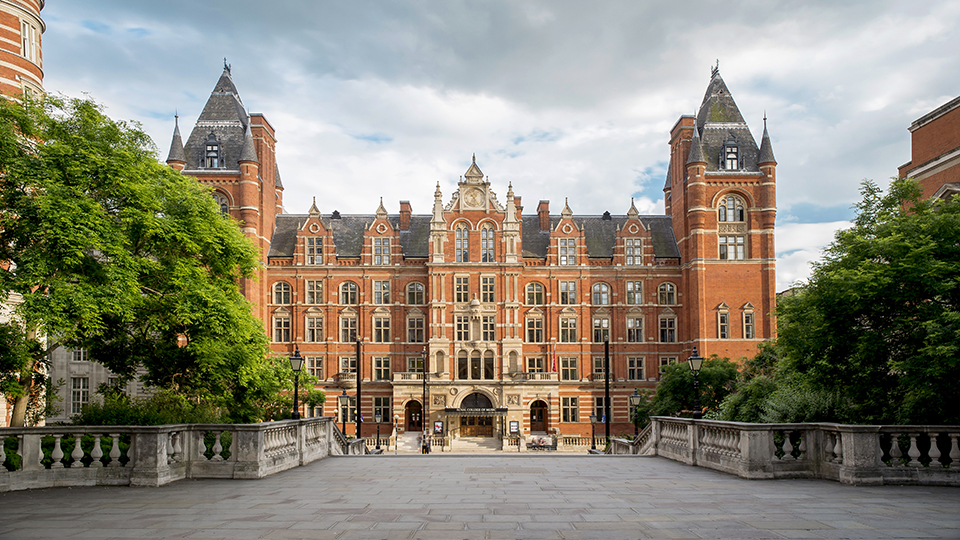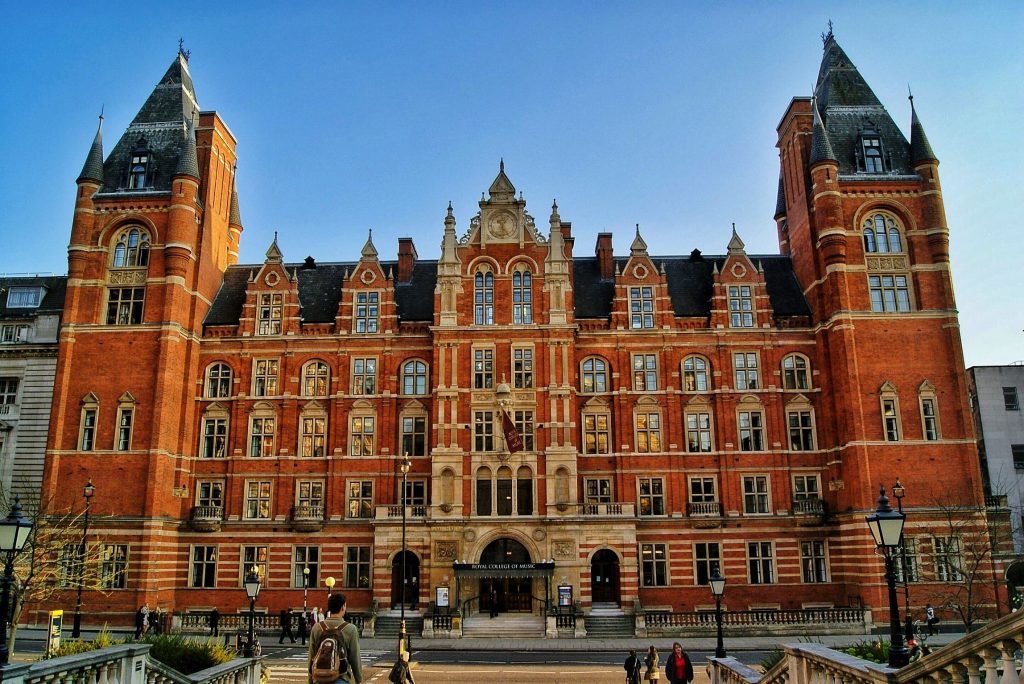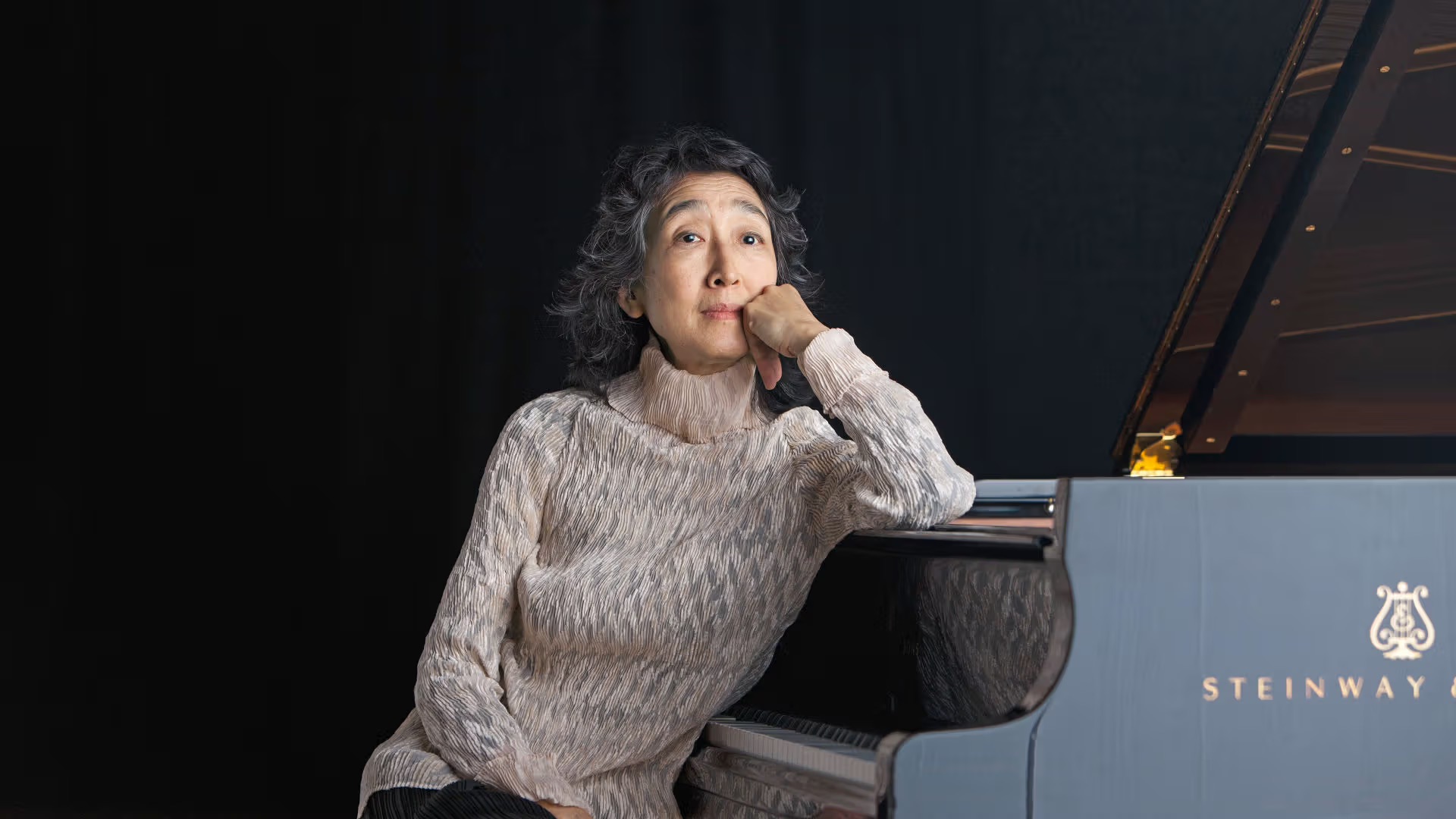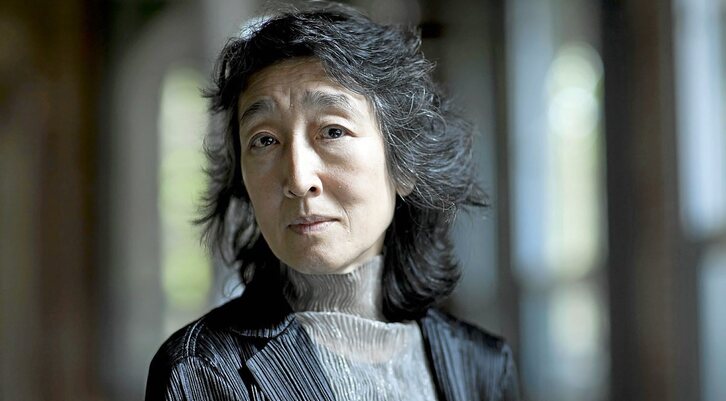CHOPIN – RAFAL BLECHACZ
Enchanting Interpretations: Rafał Blechacz’s Revelatory Chopin Journey
Richard Phillips, March 2023
In a spellbinding new release, Rafał Blechacz, the esteemed pianist, embarks on a transformative journey through Chopin’s timeless works. The album’s minimalist title belies the weighty program it encompasses, featuring Chopin’s Sonatas Nos. 2 and 3, the Op. 60 Barcarolle, and Op. 14 F-sharp minor Nocturne. A repertoire performed by many, Blechacz’s task of bringing novelty and fresh insight to these classics begs the question: does he succeed?
In the accompanying liner notes, Blechacz provides a fascinating glimpse into his musical philosophy, expressing his desire for greater freedoms in expression and interpretation of these monumental pieces. This creative vision comes to fruition in his rendition of the second Sonata, where Blechacz infuses the first movement with a captivating flexibility in tempo and articulation. Unlike other renditions that emphasize metronomic precision, Blechacz’s approach is like a gentle breeze caressing the keys, bringing forth terrifying surges and swells of urgency that grip the listener. His calculated voicing in the D-flat major second theme lends an air of bel canto elegance, showcasing his mastery of delicate nuances.
Venturing into the Scherzo, Blechacz’s performance stands apart from the whirlwind ferocity of some renowned interpretations. Instead, he adopts a more measured approach reminiscent of Horowitz and Sokolov, proving that measured doesn’t equate to uninteresting. The staccato repeated notes are delivered with a raw, almost gritty insistence, effectively setting the stage for the major-key flourishes, which unfold with delightful finesse. A refreshing attention to the waltz accompaniment in the middle section further elevates Blechacz’s artistry. One minor point of critique might be the need for more emphasis in the descending middle voice passages.
The Funeral March (track 3) holds particular significance, capturing the essence of the current era with its weighty emotions echoing recent global and social events. Blechacz masterfully crafts a “less-is-more” approach, embracing unadorned simplicity in the opening passages. The straight rhythms and even phrasing create a mesmerizing space for contemplation and introspection. As the piece progresses, Blechacz expertly weaves lyricism and richness into the melody, leading to a gradual crescendo of sonoric and emotional intensity, culminating in a soaring climax at 1’13”. Only a slight harshness in the chords and a missed opportunity to linger in the arrival of D-flat major distract from an otherwise compelling performance.
The Op. 58 B minor Sonata’s first movement, while expressive and skillful, lacks the convincing power present in the preceding works. Comparisons with Maria Joao Pires’s rendition reveal a slightly rushed tempo, robbing the music of breathing room and resonating chords. However, Blechacz still manages to captivate listeners with moments of brilliance, particularly in a breathtaking color change at 2’23”, made all the more impactful by a skillful use of silence. The Scherzo is a definite highlight, with Blechacz’s fingerwork enchantingly delivering effervescent runs that sparkle and dance with exuberance. The Finale’s abundant energy may, at times, overshadow the long-term growth of the interpretation, falling just shy of the dynamism found in Ivo Pogorelich’s unconventional but thoughtfully structured approach.
The album’s shorter works, the F-sharp minor Nocturne and the Barcarolle, further showcase Blechacz’s artistry. In the Nocturne, his sensitive touch achieves a mesmerizing balance between the silky accompaniment and the supple melody, enchanting listeners with its intimate charm. The Barcarolle, a masterpiece of gentle rocking rhythms and tender melodies, becomes a heartfelt narrative under Blechacz’s skilled hands.
In this remarkable release, Rafał Blechacz not only displays his profound familiarity with Chopin’s works but also delivers enchanting interpretations that leave an indelible mark. While some may seek alternative renditions for the B minor Sonata, the album as a whole offers a captivating and enchanting journey through the depths of Chopin’s musical genius.












